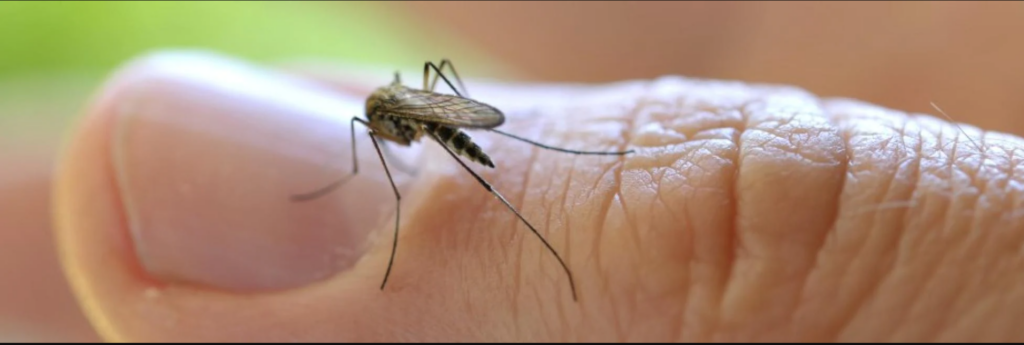COVID-19 lessons can eliminate malaria 2023

World Malaria Day, celebrated last week, highlights the disease’s ongoing threat. It’s surprising that the world needs reminders to eradicate a communicable illness that has been present for centuries but still kills over 620,000 people and infects over 250 million.
Malaria is communicable, hence it can be eradicated like other contagious diseases have been. COVID-19, the most recent and deadly pandemic, is an example. Three years later, it is marginalized.
An ancient disease still plagues humans. However, most infections and deaths occur in Africa and Asia, not the rich world. After over 50 years of doctors and healthcare workers calling for a malaria vaccine, British pharmaceutical company GSK has finally developed one.

Because most users are poor in developing nations, the vaccine took so long to develop. Big Pharma cannot make billions.
The vaccine would have been made in months in a rich country at risk. The COVID-19 pandemic shows how swiftly Big Pharma can respond to rich world needs for medication and vaccines.
December 2019 identified COVID-19. On Dec. 11, 2020, the FDA approved Pfizer’s first vaccine. The vaccine was developed fast, and Pfizer and other large drug companies were able to build the manufacturing infrastructure in months, producing tens of billions of doses. By 2022, Pfizer manufactured 4 billion doses, up from 3 billion in 2021.
Like malaria. GSK and other vaccine researchers are unlikely to produce either the 40 million to 60 million doses needed by 2026 or the 80 million to 100 million needed by 2030. The Vaccine Alliance reported last week that malaria vaccine production and distribution must be increased immediately.
It is encouraging that a second vaccine, developed by Oxford University in the UK and manufactured bythe Serum Institute of India, the global vaccine workhorse that produced half of the COVID-19 pandemic vaccines, is likely to be prequalified soon.
Vaccine Alliance estimates are concerning. Malaria killed 475,000 African children under five in 2021, making it one of the greatest killers. It is telling that, after two decades of concerted action, mostly by nongovernmental organizations and the UN, the death toll of young children in Africa has declined by a third since 2000, leaving the continent with a long and difficult road ahead toward total elimination.
The World Health Organization believes the world is on track to reduce malaria incidence and deaths by 90% by 2030. However, malaria deaths are falling painfully slowly. In Africa, where 95% of malaria infections occur, only large-scale immunizations can meet the double targets.

Not difficult. Three years of pandemic have improved vaccine manufacturing and distribution. Simply use it. However, almost everyone except Africans and their governments makes decisions. Power and money are elsewhere. The Vaccine Alliance is right that governments, pharmaceutical companies, NGOs, and multilateral organizations must work together to swiftly increase vaccine manufacturing and distribution capacity to reach needy Africans with the malaria vaccine.
Many African nations lack money. Thus, the world must provide vaccines.
First, Big Pharma shouldn’t profit billions by rescuing African children. Western corporate boardrooms are increasingly discussing environmental, social, and governance responsibilities, and it would be hard to find a social responsibility more important than this. Multinational giants should rapidly scale up vaccine production and supply them at cost or even for free.
Distributors must help get vaccines from manufacturing to patients. COVID-19 taught us how to handle, store, and transport vaccines. As during the pandemic, governments must launch special campaigns to vaccinate the most people in the shortest time.
Rich nations and Big Pharma must forget the vaccination divide from the epidemic. The rich countries hoarded billions of vaccination doses from the start. Western nations received four or five doses per head, but African nations received only 0.3. Governments, businesses, and public society must prevent malaria prejudice.
